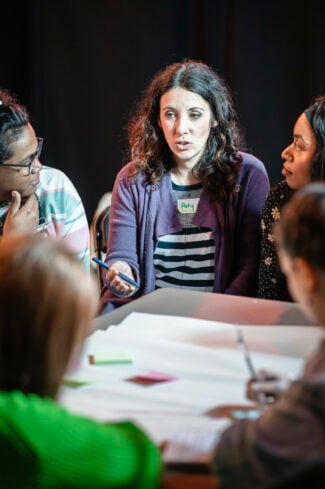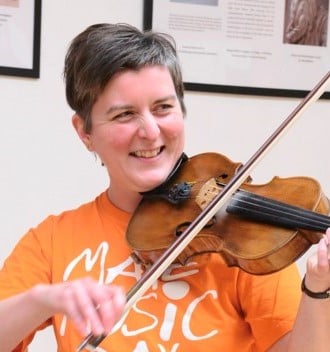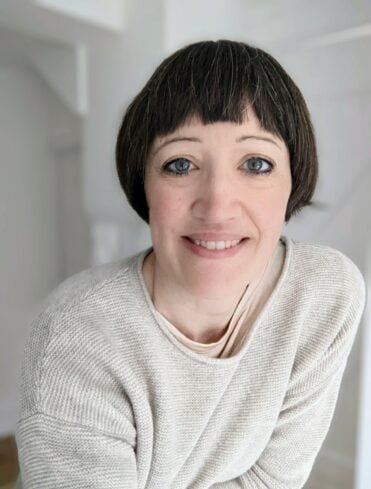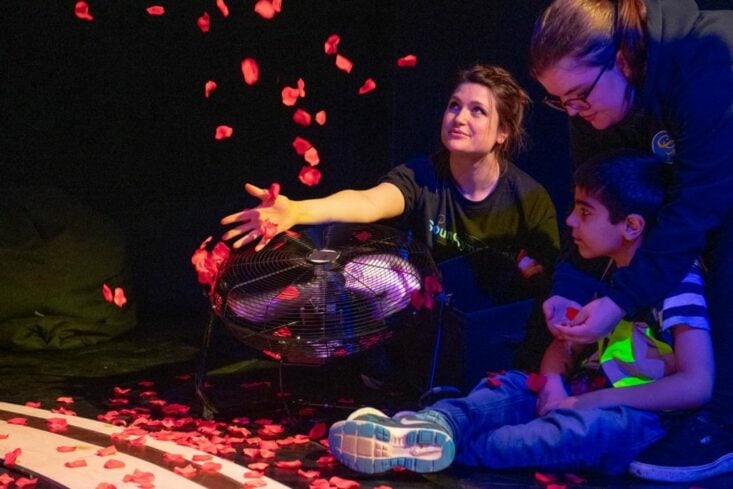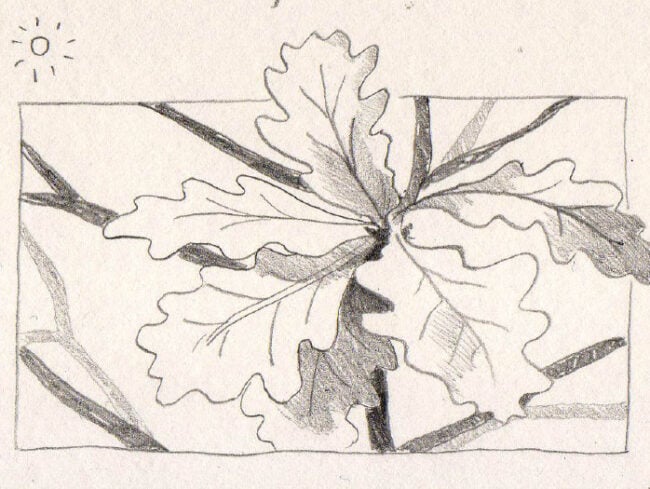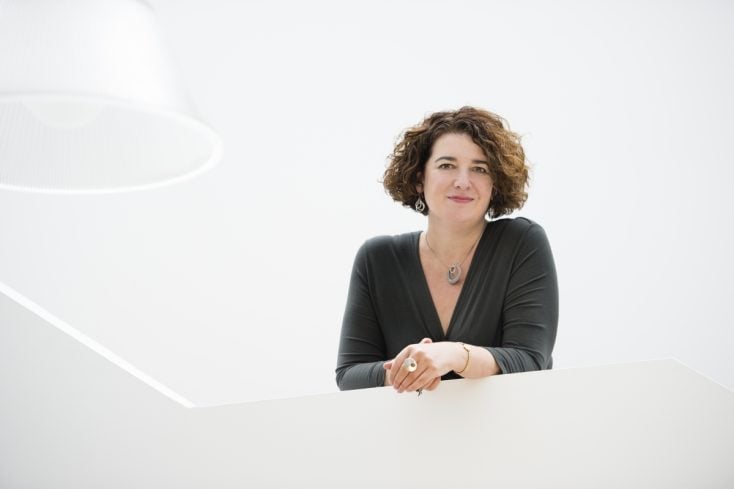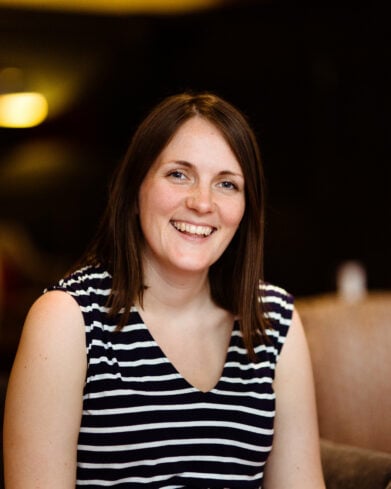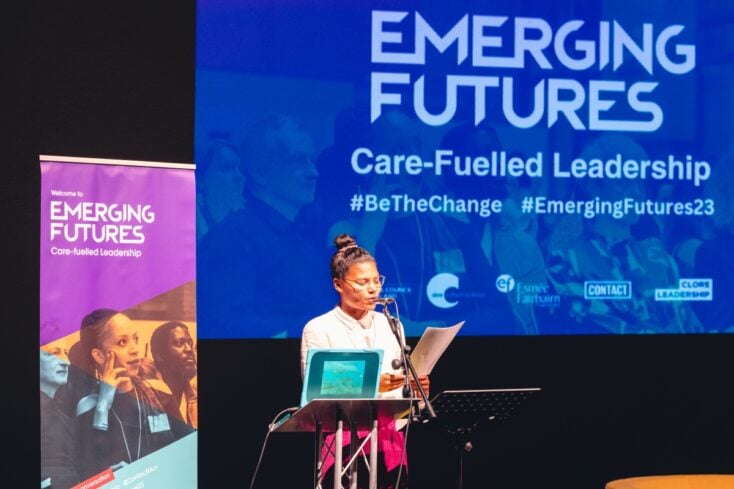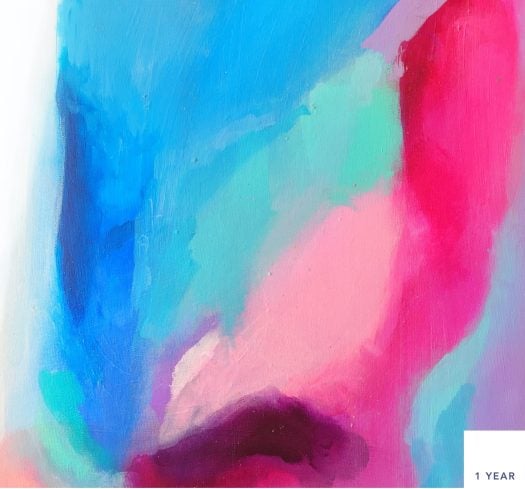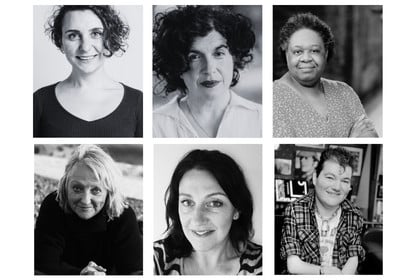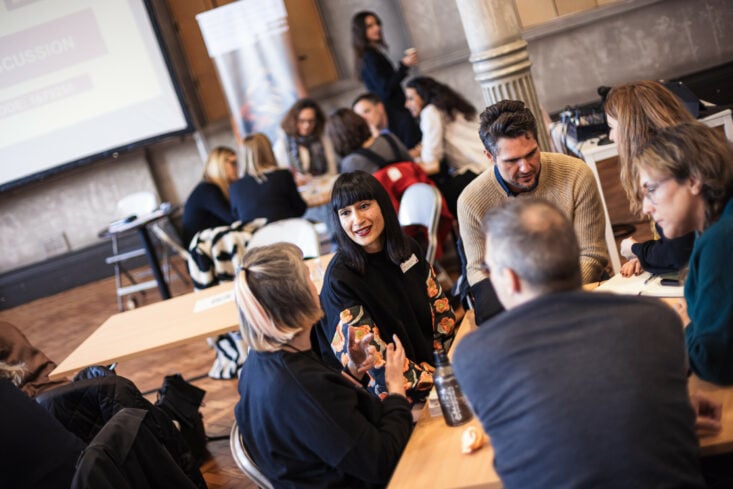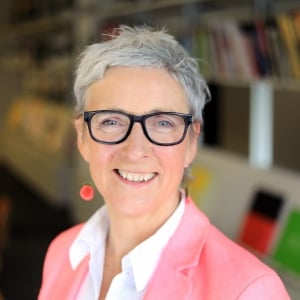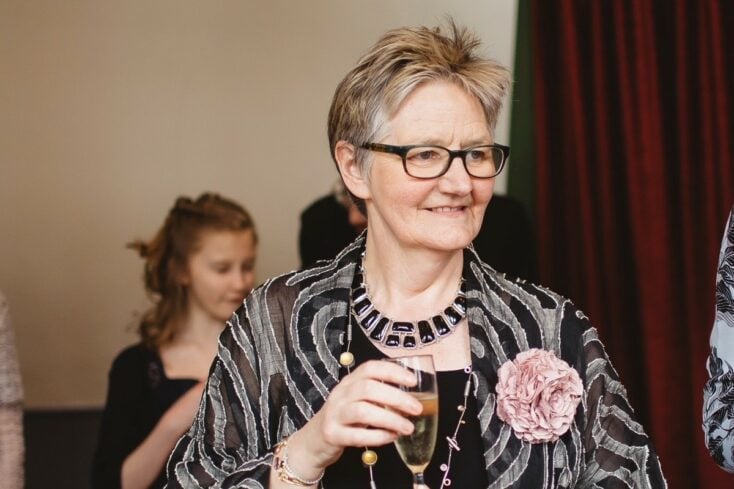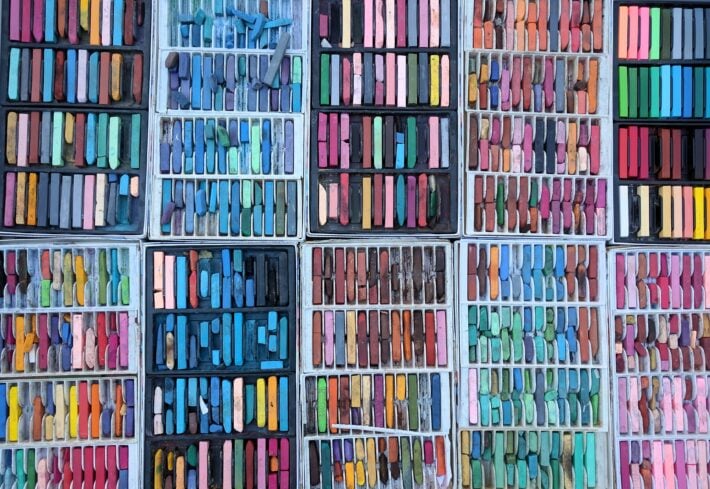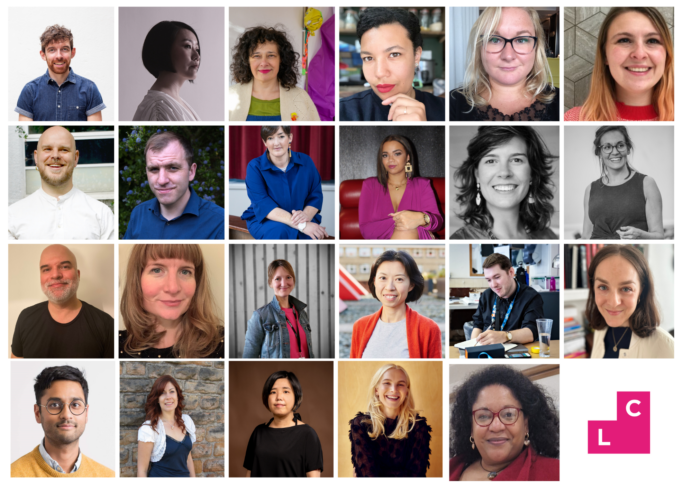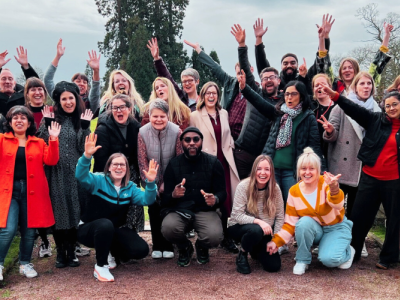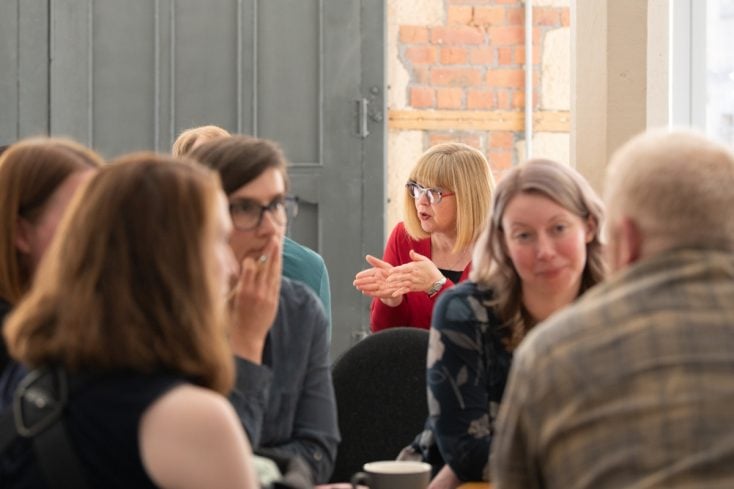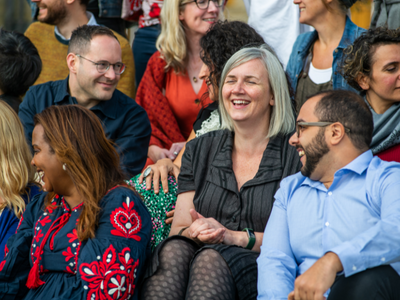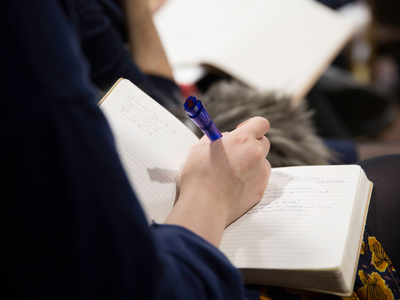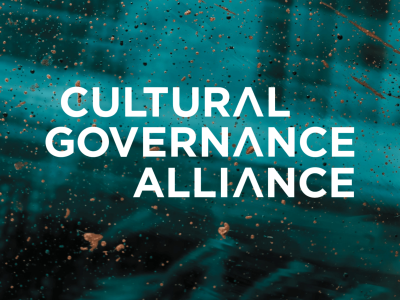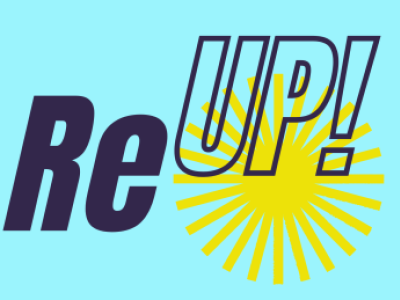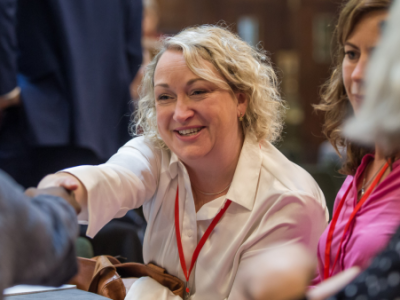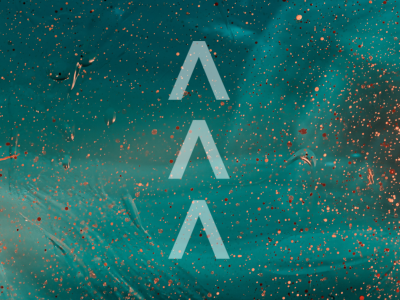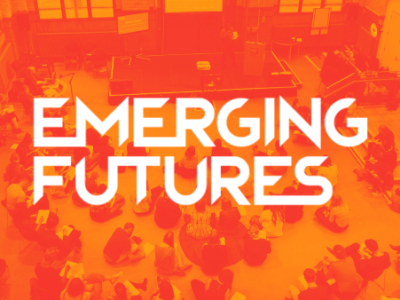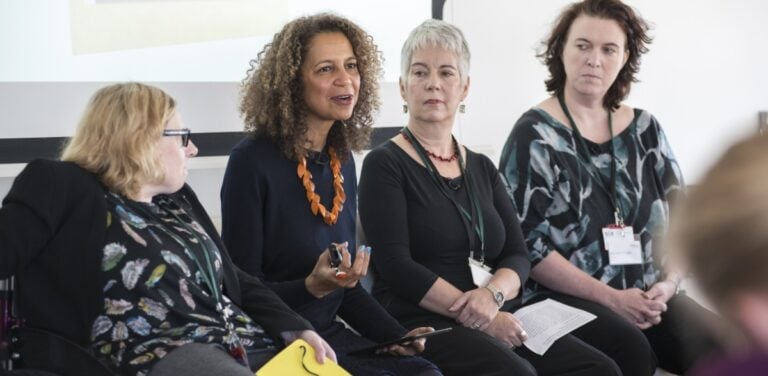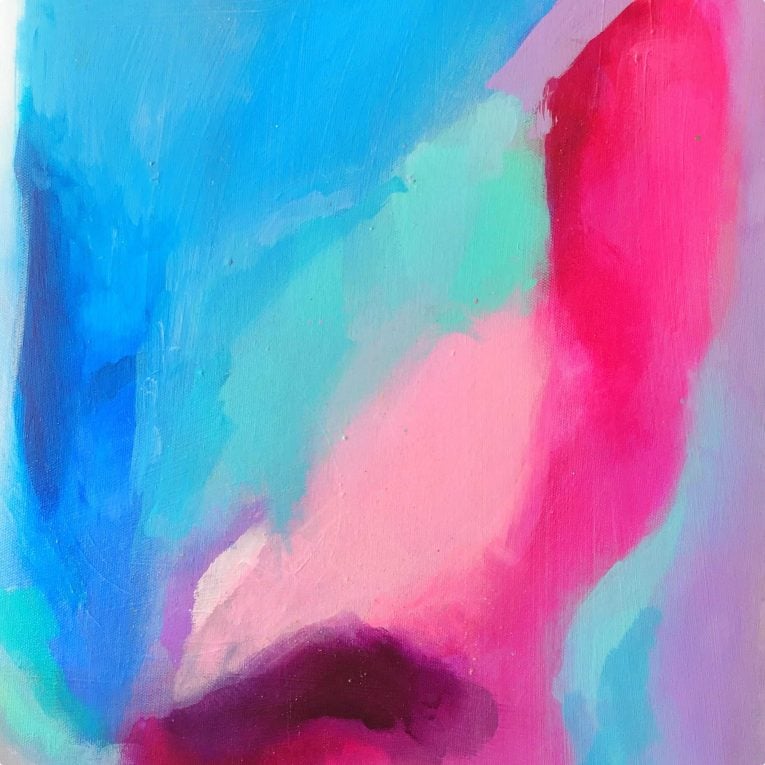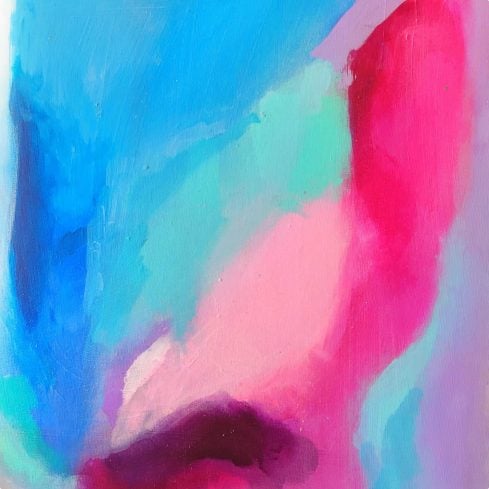Coaching Conversations – A Reflection
After 12 years as a coach Clore Associate Sarah Pickthall is still entranced by the coaching process and what can be learned from it as part of a leadership trajectory. When the opportunity came to design and deliver Coaching Conversations for other Deaf and disabled coaches, it was a bit of a dream.
What is Coaching?
So for those of you who are not yet clear, Coaching employs different approaches and techniques to support clients to find their own solutions to issues that occur in their professional lives. As a coach we do this without giving advice or opinion. Coaching for me, and in particular, for Jamie Beddard, (Clore Alumni and Co-Director of Diverse City) my partner in crime on this project, has been a radical and transformative move away from being ‘mentored to death’. Mentoring has for many years been the predominant prescribed medicine for Deaf and disabled professionals on the up! In contrast the coaching process inherently places the experiences and insights of the coachee centre-stage, providing approaches to enable reflection and change that keep power in their own hands.
Coaching is a uniquely dynamic practice and one that gives me back energy – a good thing when I’m so often very short of the stuff!
Coaching Conversations
Hilary Carty at Clore Leadership has always understood how important a really specific provision can be as a way of opening access and developing under-represented talent in our professions. That understanding was the impetus behind a bespoke programme to develop coaching skills for Deaf and disabled professional coaches, Action Learning Set facilitators and those using coaching methodology in their arts practices. Coaching Conversations was shaped as a space for Deaf and disabled arts and culture professionals already accredited in coaching or action learning facilitation to explore the latest coaching approaches and methodologies.
The aim has been to upskill ourselves together, and ultimately to widen the pool of coaching expertise available to Clore Leadership across their programmes and into the wider sector and beyond. The course has also explored the particular individual and collective relationships that exist between coaching and lived experience.
The challenges of creating a conducive Covid-proof space
Having taken the decision to offer segregated leadership learning specifically, the pandemic shifted our best laid plans into a virtual space. Although that added demands and access complexities, on reflection it also allowed a depth, intimacy and immediacy in our collaborative coaching enquiry that may not have otherwise existed. It also meant we learnt fast what access arrangements are required in the online environment.
16 coaches applied to be ‘in conversation’ and like any group, we were diverse in our various practices as actors, musicians, theatre directors, producers, aerial artists, consultants, trainers, CEOs and ADs, and we all brought different ways of thinking and of building coaching into our current portfolios of work.
Many of us were shielding and deemed vulnerable, an additional consideration which fuelled questions as to how we might move from the incessant confines of these labels into something more active and transformational through the medium and subject of coaching.
What were the potentialities we could individually and collectively offer to the coaching space, and what was holding us back from claiming that space for ourselves and being really good in it, not just for other Deaf and disabled professionals but for everyone?
Changing the Conversation
As Deaf and disabled people, too often our experience is one of being perceived as needing instruction, or of being told what to do because we are seen as lacking in some way. Of particular interest to me in my ongoing MSc studies in Coaching and Behaviour Change at Henley Business School is the lack of research into the impact of coaching on Deaf and disabled professional life, let alone research questions around the impact on self or others of being a Deaf and disabled coach. My experience has been that the Coaching profession is overtly ableist. Diversity within coaching is touched upon superficially in academic papers and publications, but disability within that is still seen through a medical lens.
Deaf and disabled folk are too often viewed as problems that need fixing. Ironically, some of the most striking new, and not so new, advanced coaching practices e.g. Gestalt, Motivational Interviewing and Positive Psychology coaching, have their origins in therapeutic or wellbeing practices. By creating the opportunity for Coaching Conversations, we have been able to discuss these conflicting issues both as a cohort and in smaller breakout rooms. This allows time and space to explore and digest a whole range of experiences and approaches to coaching practice.
The Deaf and disabled edge
Our coaching conversations across two cohorts in June and July touched upon our particular coaching qualities. The many blocks and barriers that so often restrict and thwart us in our daily lives have also required us to hone our ingenuity, resilience and creativity. These attributes translate into powerful skills and leadership learning which support and sharpen what we can offer through coaching.
Our impairments also mean we are particularly aware of how we need to consider energy, timing and self-care when we work. As Deaf and disabled professional people, we are naturally attuned to the nuances of curation required to create conducive learning spaces that are so essential to the coaching practitioner.
Shared Cohort Thinking
The programme has reminded us why we found coaching compelling enough to train in, and we remembered too how professionally nourishing and transformative it is. It has reaffirmed the desirability for us all to be in regular coaching relationships and supervision as an integral part of our coaching practice.
The final day of the official programme in October affirmed the revelatory journey we had been on together.
Kim Simpson explored the idea of coaching and activism, and how the sector-facing and public-facing conversations about marginalisation and change and anti-ableism coaching had allowed her to develop ‘a form of activism and light approach to things that can feel quite tense and complex.’
John Kelly, musician, facilitator and coach, shared some scepticism about coaching formulae that potentially feed into ‘our collective experience of having things foisted upon us as Deaf and disabled people’. He countered this with a call for an exploration of authenticity in the coaching space and the art of noticing the natural talent within our lived experience.
Rachel Bagshaw, theatre director, shared Dan Hughes’s PACE model (Playfulness, Acceptance, Curiosity, Empathy) and her coaching practice in the directorial space. The space itself is her focus, the conducive container in relation to the practice and practitioner: ‘A space to be comfortably vulnerable is a really useful thing for us to lean into, re-framing vulnerability in a new light.’
Debs Williams finished our day with a powerfully personal reflection on the journey of Coaching Conversations and a call for us to ask ourselves why, when it’s so nourishing a practice for ourselves and others, we don’t make more time to be in the coaching space?
This call to action was a fitting reminder for us all to prioritise coaching, to continue meeting in small groups and to sustain this developing coaching community.
About Sarah Pickthall
With access resources from Clore Leadership, Coaching Conversations will continue to meet up into the Spring 2020. For more information contact [email protected].
Sarah Pickthall is an associate of Clore Leadership, working on Diversity, Equality and Inclusion work across the programme with a particular focus on disability. She has facilitated Small Group Conversations and also contributed to the Leading from a Distance series.
In her own practice, Sarah currently helms SyncLeadership.com, the only Deaf and disabled led leadership programme for Deaf and disabled arts professionals globally, and now online.



